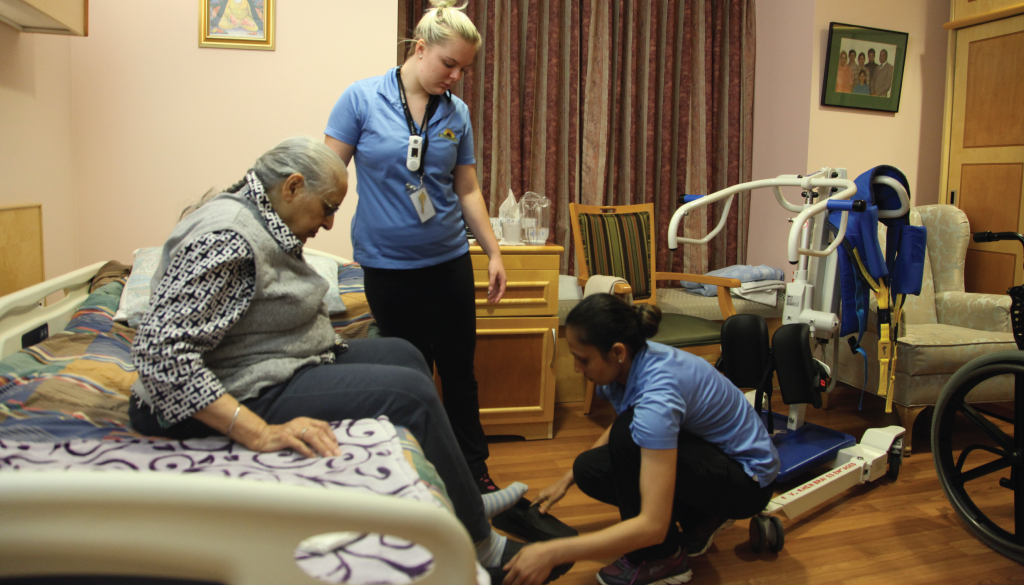BC Care Providers Association (BCCPA) participated in a public consultation session on June 25th to advocate for further investments in worker safety and injury prevention strategies.
The public engagement session—attended by employers, unions and injured workers—is one of many being conducted throughout the province as part of a review of the Workers Compensation Board. The review was announced by the Government of British Columbia on April 3, 2019 and is intended to increase public confidence in the workers compensation system.
Leading the review is retired labour lawyer Janet Patterson. Patterson’s mandate is to review current WorkSafe BC policies and practices, making recommendations to shift towards a more worker-centric model. Patterson will also consider current case management practices through the lens of gender-equality and cultural diversity.
Patterson has been empowered to recommend potential changes to the Workers Compensation Act arising from this review. The final report from Patterson, including possible recommendations, is due to be delivered to the Government by September 30th, 2019.
BCCPA’s presentation at the public consultation hearing focused on the importance of investing in injury prevention.
In particular, BCCPA emphasized the need for WorkSafe BC to continue to support health and safety associations, as they are a proven strategy for injury prevention. BCCPA cited the success of SafeCare BC, noting the significant impact on injury rates that the association has made in just a few short years through awareness building, education and training.
BCCPA also outlined the need to expand Certificate of Recognition (COR) programs to B.C.’s health care sector. COR is a voluntary incentive program that recognizes companies who meet and exceed industry standards in health and safety. COR has been shown by research to reduce injury rates, and expanding COR to seniors care represents a significant opportunity to promote occupational health and safety.
BCCPA believes that focusing on injury prevention will be critical for WorkSafe BC’s shift towards worker centric operations. Reducing injury rates is the most effective method of keeping workers happy and healthy at work.





